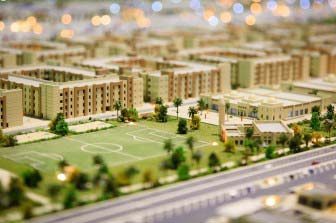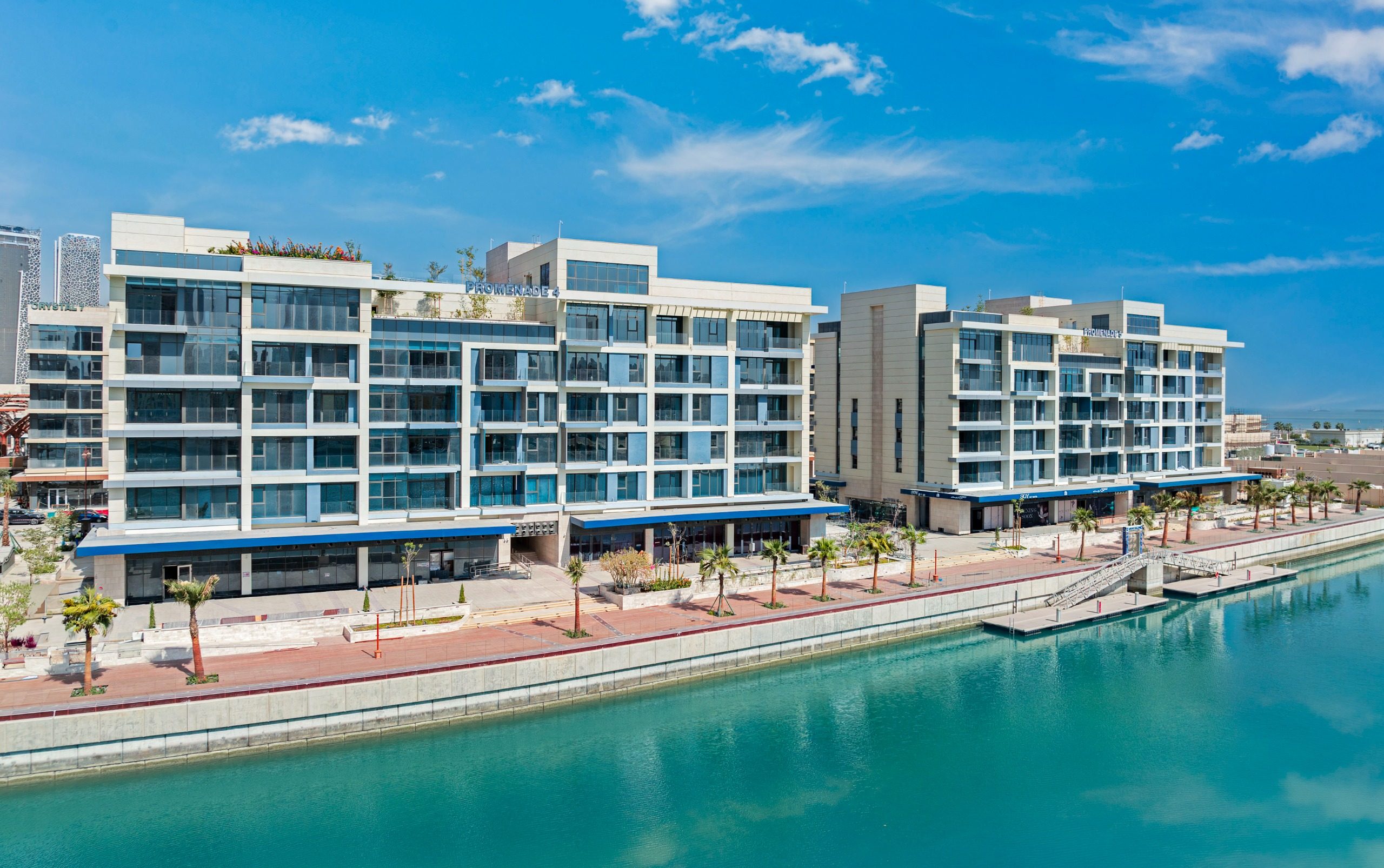
In an apparent renewal of efforts to keep blue-collar expats living in Qatar without their families away from residential areas, authorities have published maps detailing “no-go” zones for worker housing.
The Ministry of Municipality and Urban Planning (MMUP/Baladiya) has published a series of interactive maps on its website in Arabic that highlight the districts where laborer accommodation is banned.

This includes almost all of central Doha, as well as certain parts of Al Wakrah, Al Khor, Umm Salal and swathes of Al Rayyan and Al Shahaniyah.
The zones highlighted in yellow are designated “family housing areas,” where labor camps are not permitted.
While the so-called “bachelor ban” is not new, following legislation that was introduced in 2010, this appears to be the first time the government has released detailed maps highlighting family-only zones.
According to the Peninsula, these maps are to be used by authorities to enforce the law through inspections and investigations.
Legislation on this issue was passed five years ago, when Qatar’s former Emir ratified Law No. 15 of 2010, Prohibition of workers’ camps within residential areas, although it didn’t go into effect until Nov. 1, 2011.
The move was spurred by complaints from members of the local community who said that they felt “threatened” in residential areas that had a large presence of male workers.
‘Bachelor ban’
Under the terms of this legislation, the MMUP was granted responsibility to define family residential areas.
The law makes it illegal for sponsors to house groups of workers within these central areas, pushing them to labor camps in the Industrial Area and other districts out of town.

While the law itself was fairly vague in defining who this related to, the MMUP has previously clarified that it would only apply to groups of male construction and contracting workers being housed in group accommodation such as labor camps.
It does not apply to individuals working in grocery stores or barbers, or to male white-collar, professional employees.
However, many men in the latter category reported at the time that they had been told by employers to “keep a low profile” to avoid upsetting their neighbors.
Meanwhile, enforcement of the law has proved difficult, due to a lack of suitable housing and confusion over who was bound by the new rules.
Last month, QNA reported that the Cabinet had ratified a new draft law on the issue, but it did not give any details of potential changes.
Not single
Although often referred to as “bachelors,” many of the workers who have been banned from living in residential areas are married with families in their home countries, but live and work in Qatar for years without them.
Over the years, community members have criticized authorities for not properly enforcing the legislation.
In an opinion piece for the Peninsula in February 2014, Qatari journalist Rashed Al Audah Al Fadeh said “problems still exist and families suffer” as construction companies increase their workforce to meet the looming deadlines of various infrastructure projects.
“These bachelor workers are threatening the privacy and comfort of families, spreading like a deadly epidemic that eats through our social fabric,” he said, and called for stricter enforcement of the legislation.

Penalties for infringing the 2010 law include fines of up to QR50,000 or up to QR100,000 for repeat offenders.
Finding housing in densely populated areas in Qatar is not the only problem blue-collar expats face.
There are regular reports of groups of men being turned away from shopping malls, Souq Waqif and from public events such as National Day celebrations, with security officials citing these as “families only” venues.
Workers’ housing
The majority of Qatar’s blue-collar workforce is now housed in dedicated labor camps, in the Industrial Area to the west of Doha, as well as in other areas which are usually far from “family” residential areas.
Qatar has been under significant pressure to improve the standard of its worker housing, which has been criticized by a number of groups for overcrowding, unsanitary conditions and having insufficient facilities.

Organizations such as Qatar Foundation, the 2022 Supreme Committee for Delivery & Legacy and Qatar Rail have drawn up minimum standards of accommodation for its contractors to follow, in workers’ charters.
These include having a maximum of four workers per room, banning bunk beds and outlining basic health and nutrition policies.
Some progress is being made on construction of better accommodation for workers. In August this year, the $1 billion Barwa Al Baraha development in the Industrial Area announced it was ready to rent out rooms to companies.
This complex will accommodate up to 50,000 workers and has sports and recreation facilities as well as stores and a mosque. It is nearby the cinema and supermarkets at Asian Town.
Other construction companies such as Midmac have also reportedly improved their accommodation standards, the SCDL has said.
Thoughts?






